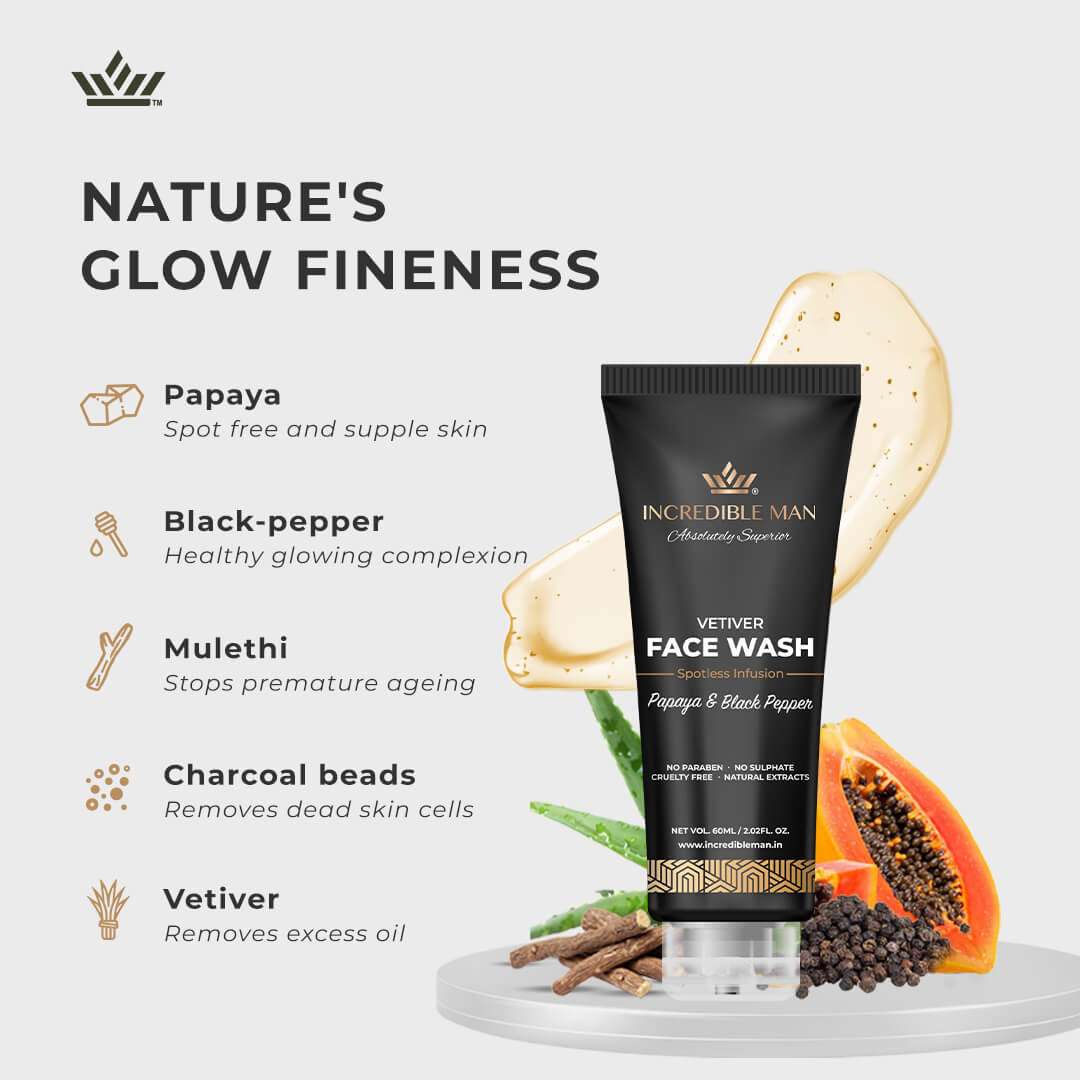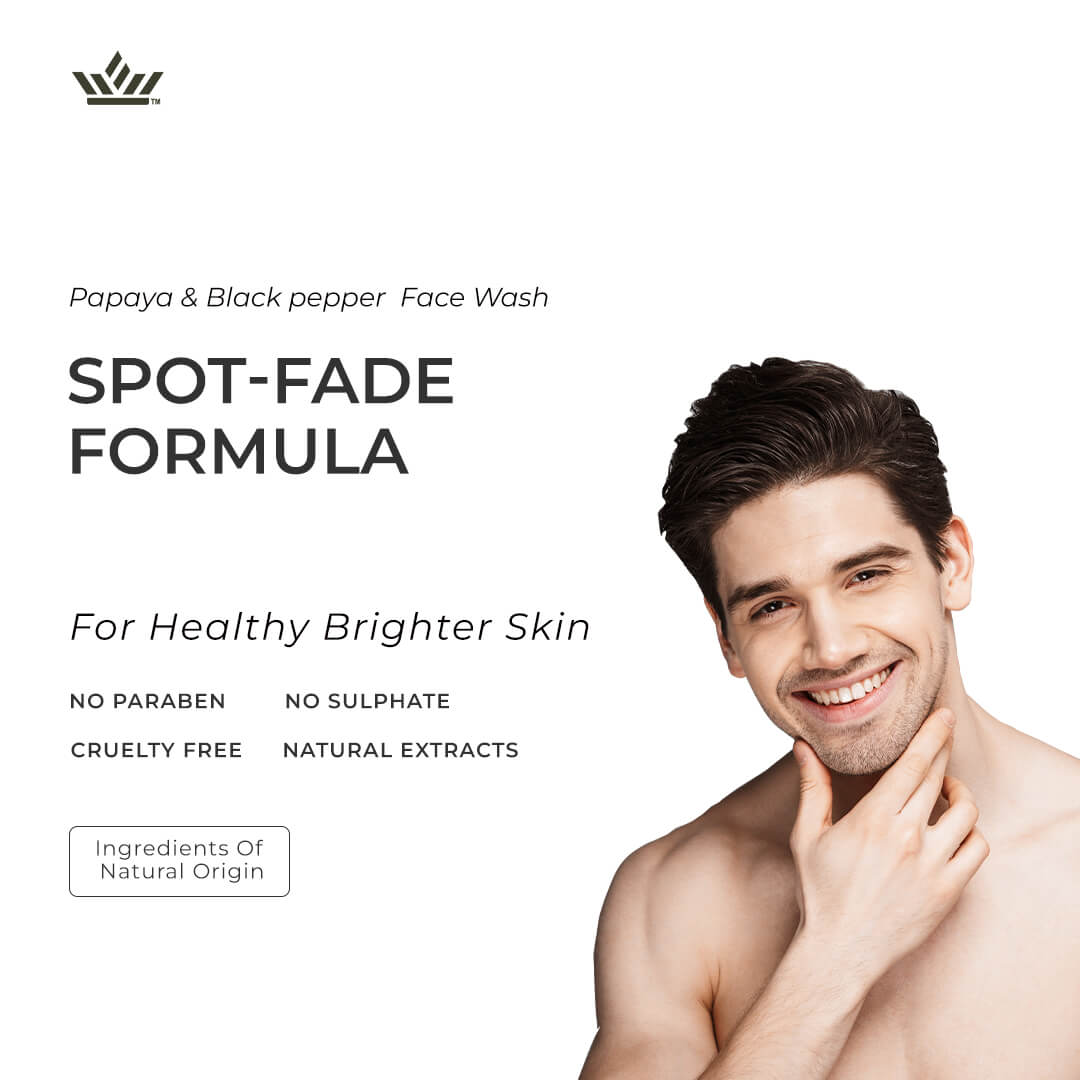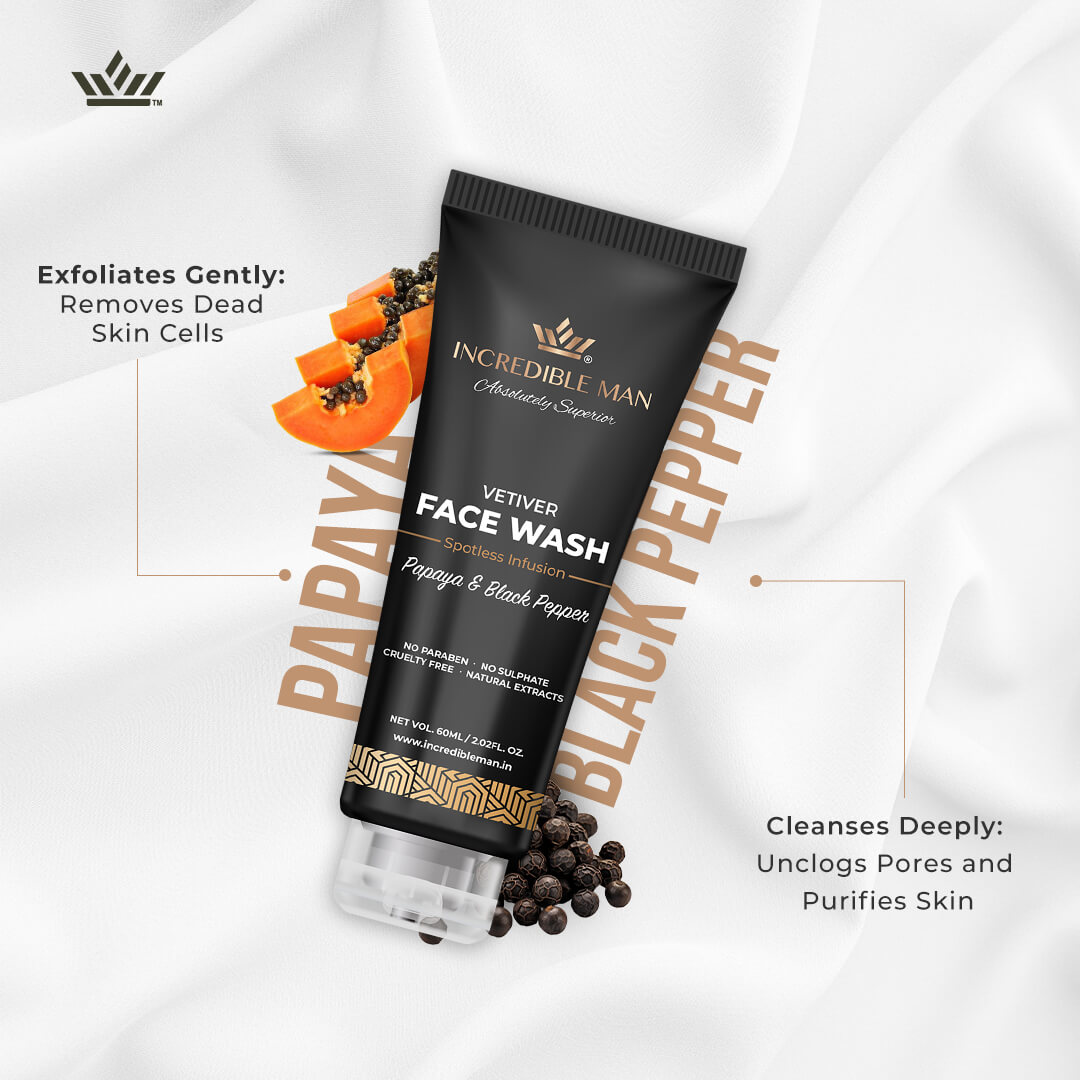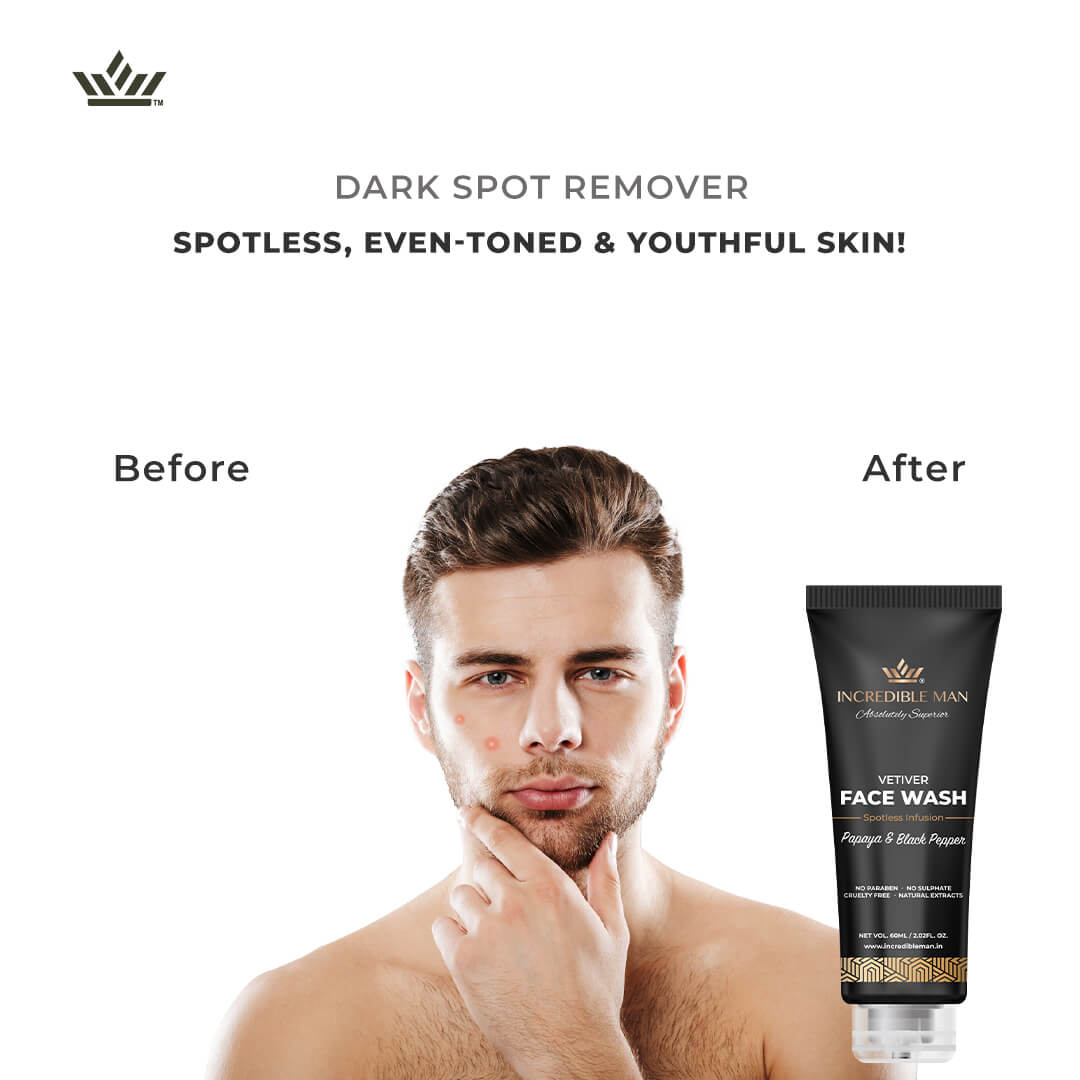Achieving an even, glowing complexion is a common goal for many. Melanin, the pigment responsible for skin color, plays a key role in protecting against sun damage but can also lead to hyperpigmentation and dark spots. If you’re looking for effective ways to decrease melanin and improve your skin tone naturally, you’re in the right place. In this guide, we’ll explore how to reduce melanin in the skin using natural methods and the best skincare practices.
1. Protect Your Skin from Sun Exposure
One of the most effective ways to reduce melanin in the skin is to protect it from harmful UV rays. Sun exposure stimulates the production of melanin, which darkens the skin and causes hyperpigmentation. To minimize this, apply a broad-spectrum sunscreen with SPF 30 or higher daily, even on cloudy days. Wearing protective clothing and limiting direct sun exposure during peak hours is also crucial for reducing melanin.
2. Use Vitamin C for Melanin Reduction
Vitamin C is a powerful antioxidant that helps to reduce melanin production and brighten your complexion. Incorporating a Vitamin C serum into your skincare routine can diminish the appearance of dark spots and even out skin tone over time. Additionally, consuming foods rich in Vitamin C like oranges, strawberries, and bell peppers can support overall skin health and melanin reduction.
3. Exfoliate Regularly to Remove Dead Skin Cells
Exfoliation is a key practice when looking to reduce melanin in skin. It helps to remove dead skin cells and promote cell regeneration. Use a gentle exfoliator with natural ingredients like oatmeal or sugar to avoid irritation. Exfoliating 2-3 times a week can help to fade dark spots and allow for deeper absorption of melanin-reducing products.
4. Licorice Extract: A Natural Melanin Blocker
Licorice root extract is known for its ability to block tyrosinase, an enzyme responsible for melanin production. By inhibiting this enzyme, licorice helps to reduce melanin levels in the skin and lighten dark spots. Products containing licorice extract are effective for those aiming for a more even complexion without the use of harsh chemicals.
5. Aloe Vera for Soothing and Melanin Reduction
Aloe vera contains compounds like aloesin that can naturally inhibit melanin production. Applying aloe vera gel or products containing aloe vera can help soothe the skin and reduce the effects of hyperpigmentation. For best results, apply it after sun exposure to calm the skin and prevent excess melanin production.
Quick Tip:
Also, learn more about How to Remove Dark Spots on Face
6. Hydrate Your Skin and Body
Proper hydration is important in maintaining healthy skin and preventing melanin buildup. Drinking enough water flushes out toxins and keeps your skin clear and radiant. Using moisturizers with hydrating ingredients like hyaluronic acid or glycerin helps keep your skin barrier healthy, which is essential when you’re trying to reduce melanin in the skin.
Attention: Want to naturally reduce melanin and achieve clear, bright skin? Our Papaya & Black Pepper Face Wash is designed to help with hyperpigmentation, leaving your skin smoother and more radiant. Add it to your skincare routine today!
Conclusion
Reducing melanin levels and achieving a brighter complexion takes consistent effort and the right skincare practices. From using sun protection and incorporating Vitamin C into your routine, to applying aloe vera and exfoliating regularly, there are plenty of natural ways to manage melanin production and reduce dark spots. By following these steps on how to reduce melanin in your skin, you can enhance your skin’s appearance and achieve a glowing, even complexion.
Permanently reducing melanin requires consistent use of sun protection, skin-lightening products, and a healthy skincare routine. However, results may vary based on individual skin types.
Yes, Vitamin C inhibits melanin production and promotes a brighter, even-toned complexion.
Yes, aloe vera contains aloesin, which can help reduce melanin production and lighten hyperpigmentation.
Foods rich in Vitamin C, antioxidants, and beta-carotene, like oranges, carrots, and spinach, can help reduce melanin levels.
Yes, regular exfoliation helps remove dead skin cells and promotes cell turnover, gradually reducing melanin over time.








